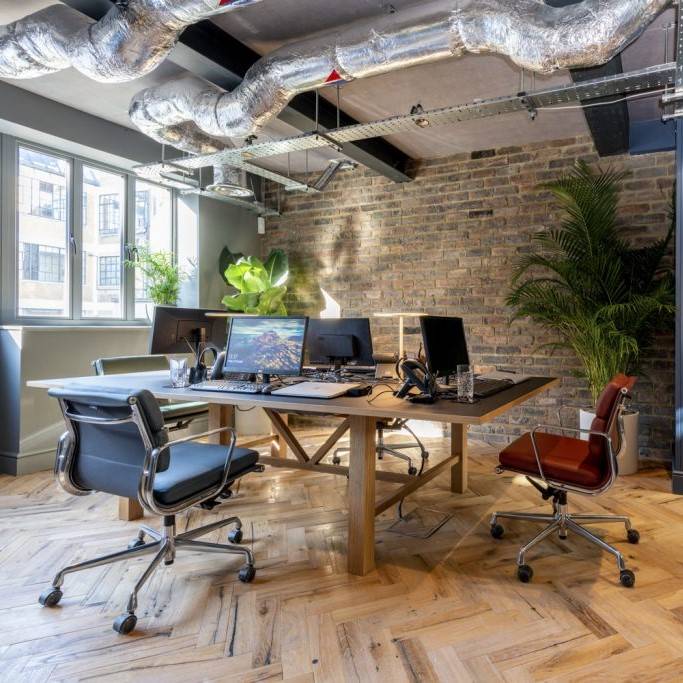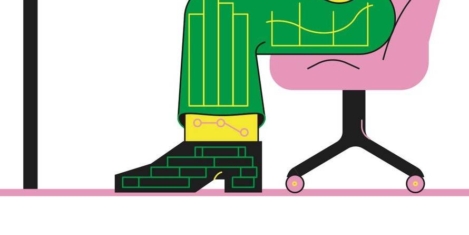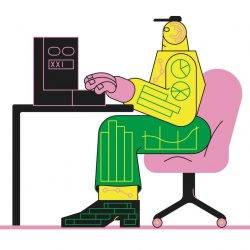To provide the best experiences, we use technologies like cookies to store and/or access device information. Consenting to these technologies will allow us to process data such as browsing behaviour or unique IDs on this site. Not consenting or withdrawing consent, may adversely affect certain features and functions.
The technical storage or access is strictly necessary for the legitimate purpose of enabling the use of a specific service explicitly requested by the subscriber or user, or for the sole purpose of carrying out the transmission of a communication over an electronic communications network.
The technical storage or access is necessary for the legitimate purpose of storing preferences that are not requested by the subscriber or user.
The technical storage or access that is used exclusively for statistical purposes.
The technical storage or access that is used exclusively for anonymous statistical purposes. Without a subpoena, voluntary compliance on the part of your Internet Service Provider, or additional records from a third party, information stored or retrieved for this purpose alone cannot usually be used to identify you.
The technical storage or access is required to create user profiles to send advertising, or to track the user on a website or across several websites for similar marketing purposes.
 Underlying most of the stuff you read about the workplace is the quest for happiness. Indeed happiness has become something of a preoccupation for those pondering the issue at the apex of social and economic thinking, as epitomised by Gallup with its latest World Happiness report. As always, the Gallup report stumbles over definitions of happiness, often using the word interchangeably with wellbeing and stuffs it with other ideas without explaining how or even whether they contribute to happiness.
Underlying most of the stuff you read about the workplace is the quest for happiness. Indeed happiness has become something of a preoccupation for those pondering the issue at the apex of social and economic thinking, as epitomised by Gallup with its latest World Happiness report. As always, the Gallup report stumbles over definitions of happiness, often using the word interchangeably with wellbeing and stuffs it with other ideas without explaining how or even whether they contribute to happiness.







 Ahead of daylight savings this weekend,
Ahead of daylight savings this weekend, 

























March 18, 2019
Artificial Intelligence is transforming the workforce as we know it
by Dennis Spaeth • AI, Comment, Technology
More →